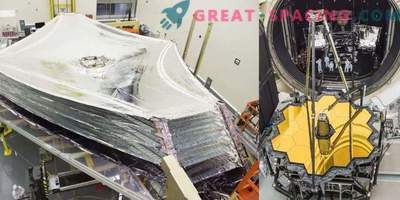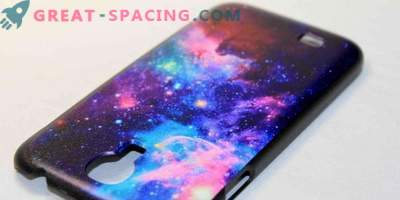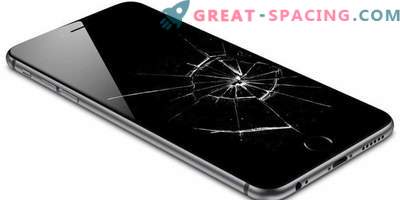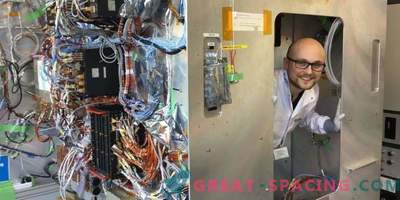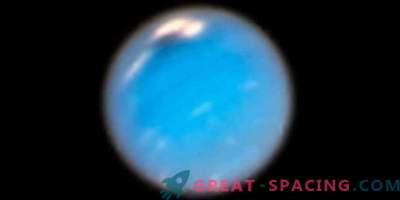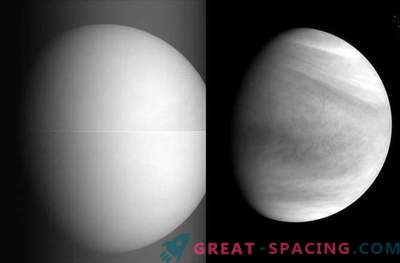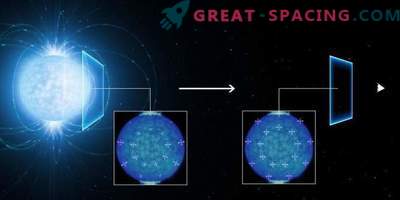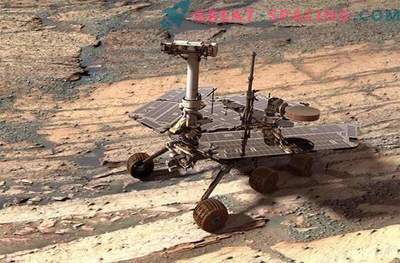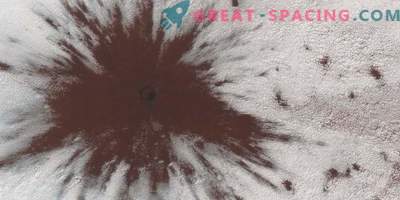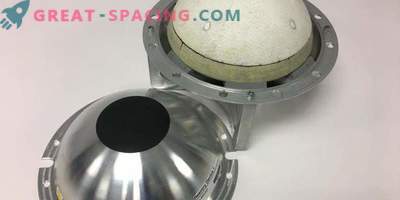
Future astronauts and space travelers can benefit from newly created glass that can absorb radiation.
People living in a glass house may not have to throw stones, but they could travel in space, thanks to a newly developed technology that allows transparent glass to absorb ultraviolet radiation.
Shifeng Zhou, a researcher at South China University of Technology, located in Guangzhou, China, participated in this development. According to him, the glass that they developed demonstrates excellent optical performance. It effectively protects organic dyes and living cells from the damaging effects of UV radiation.
Glass, which can be made both in its usual form and in the form of a film, has a wide range of applications, including the protection of electronic devices, can serve as protection for biological organisms, as well as for the protection of historical artifacts. The researchers were able to find the opportunity to bind glass with a rare-earth oxide, cerium oxide, which can absorb ultraviolet rays, and also created a composite material that is transparent and durable.
According to Zhou, in space, an environment containing high-energy radiating particles can be deadly. If you add a coating that blocks such radiation, the devices can be well protected and their useful life can be extended. Glass can also protect biological cells from ultraviolet radiation.
Shifeng Zhou’s press release was published in the journal Optical Materials Express, published by The Optical Society. In it, he points out that the microtexturing engineering technology used to create this glass can be used to produce other noble glass materials with different properties.
The researcher is confident that basic research can be of great importance for the glass industry.

